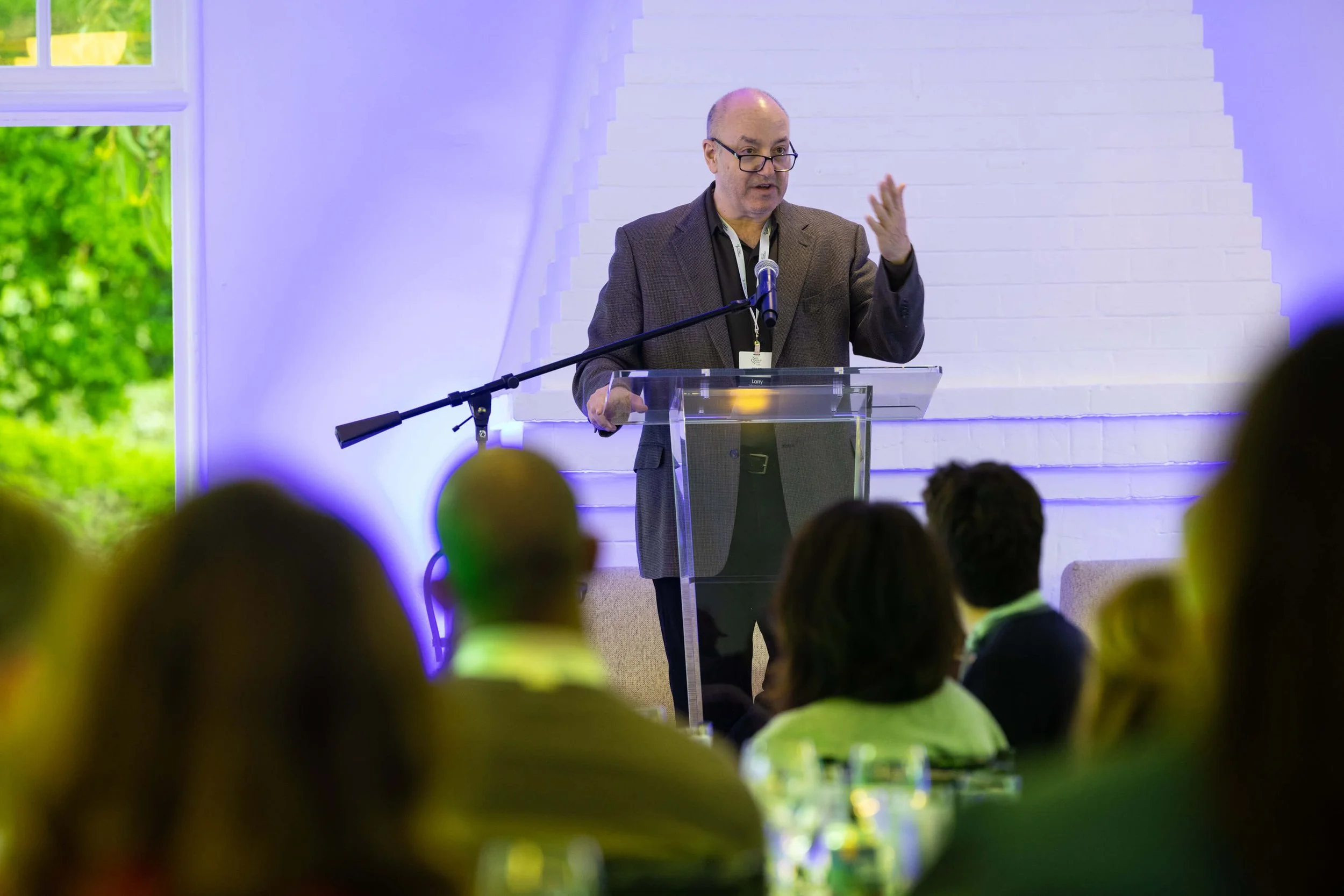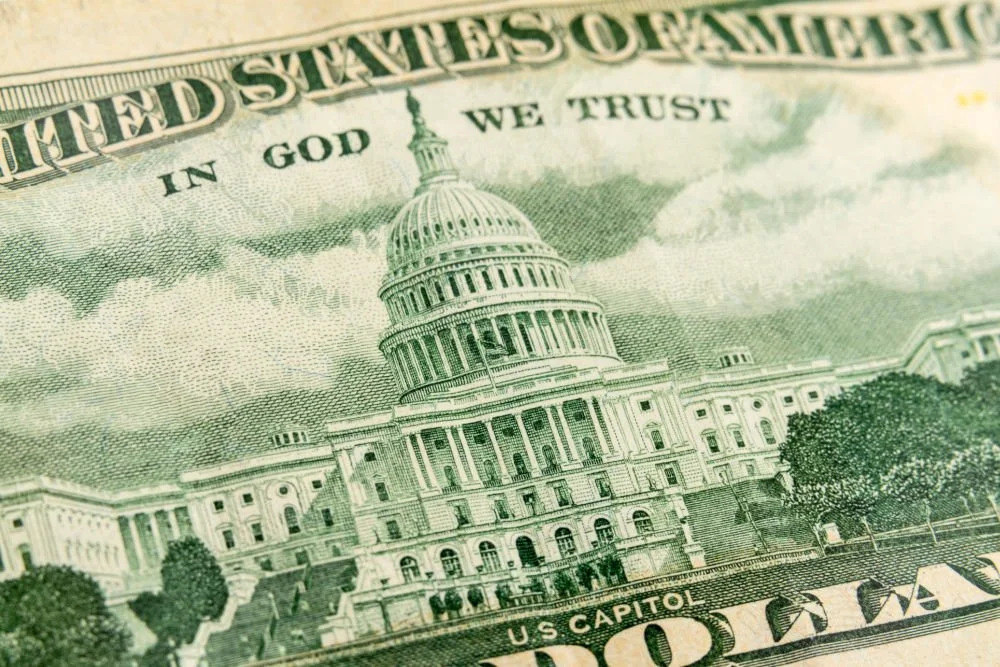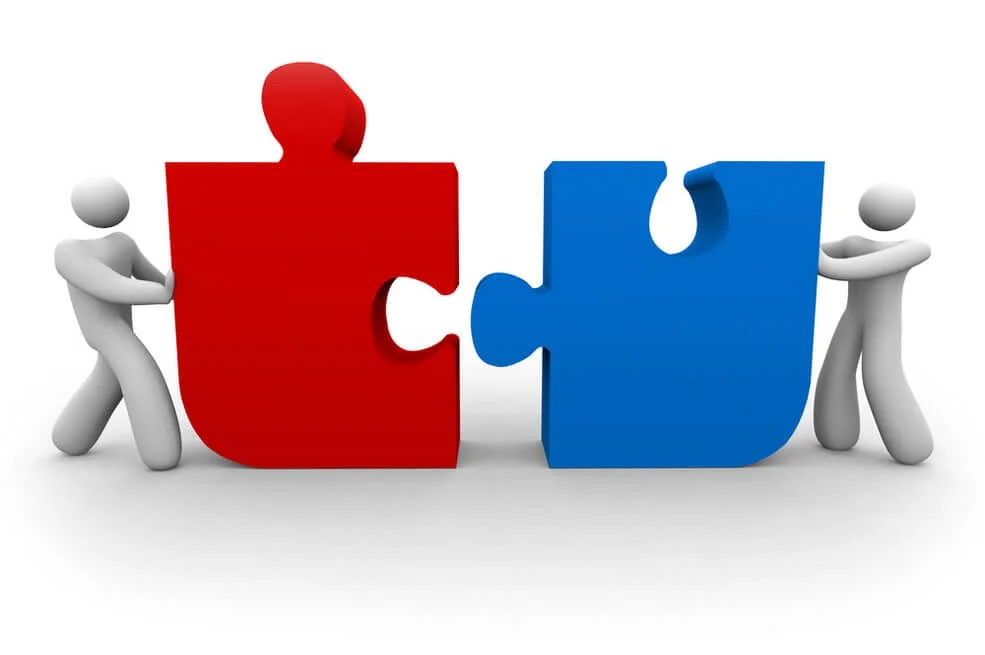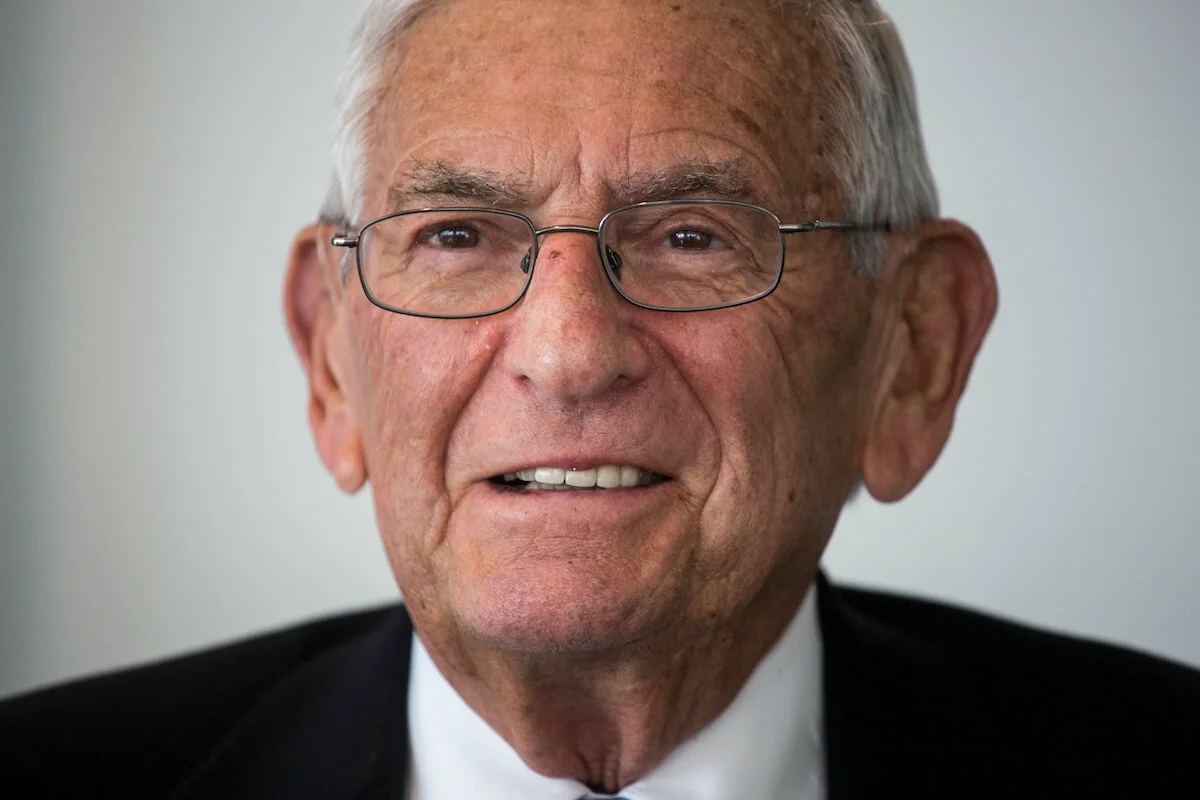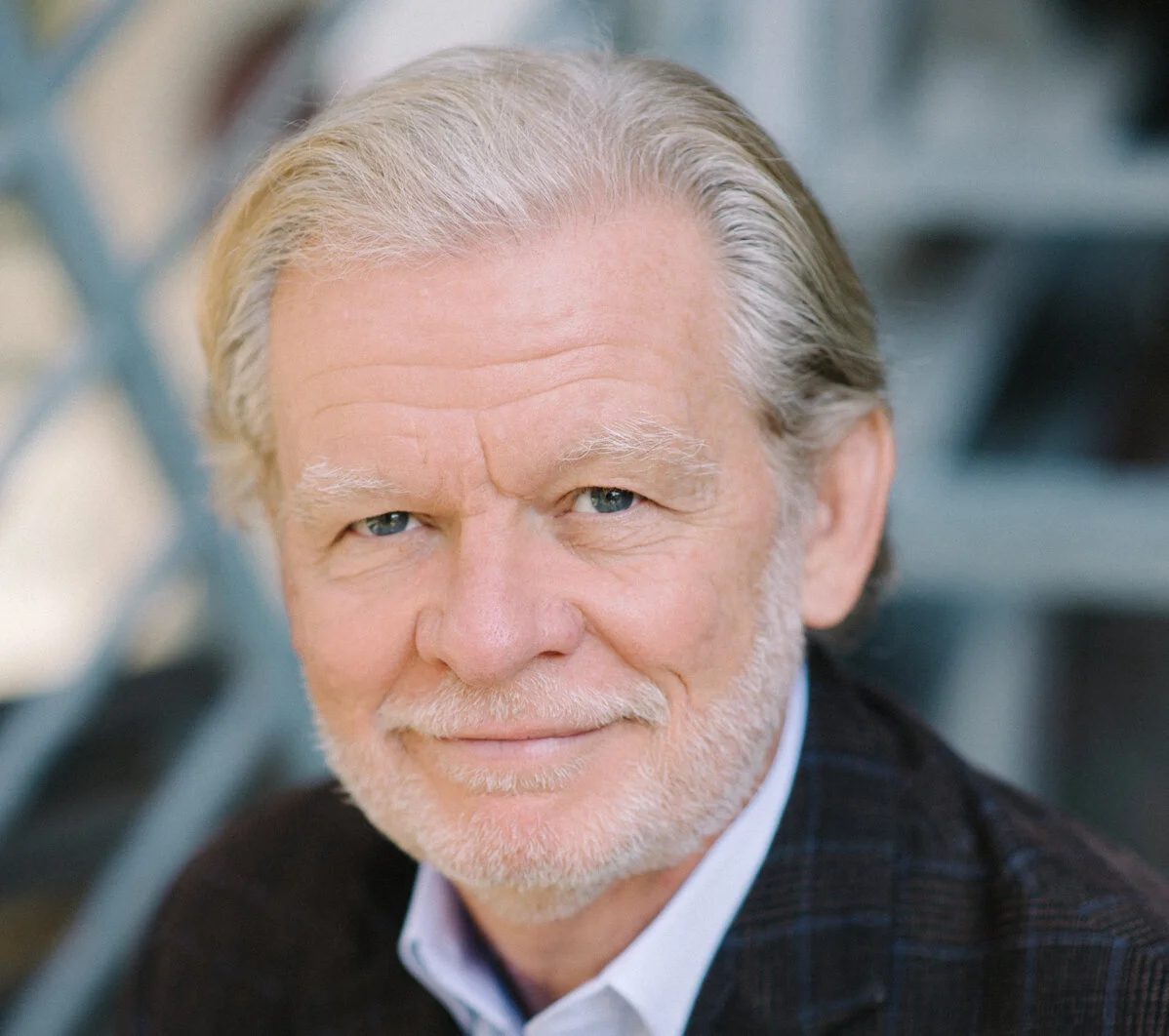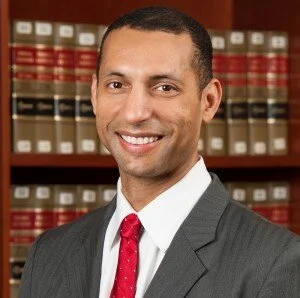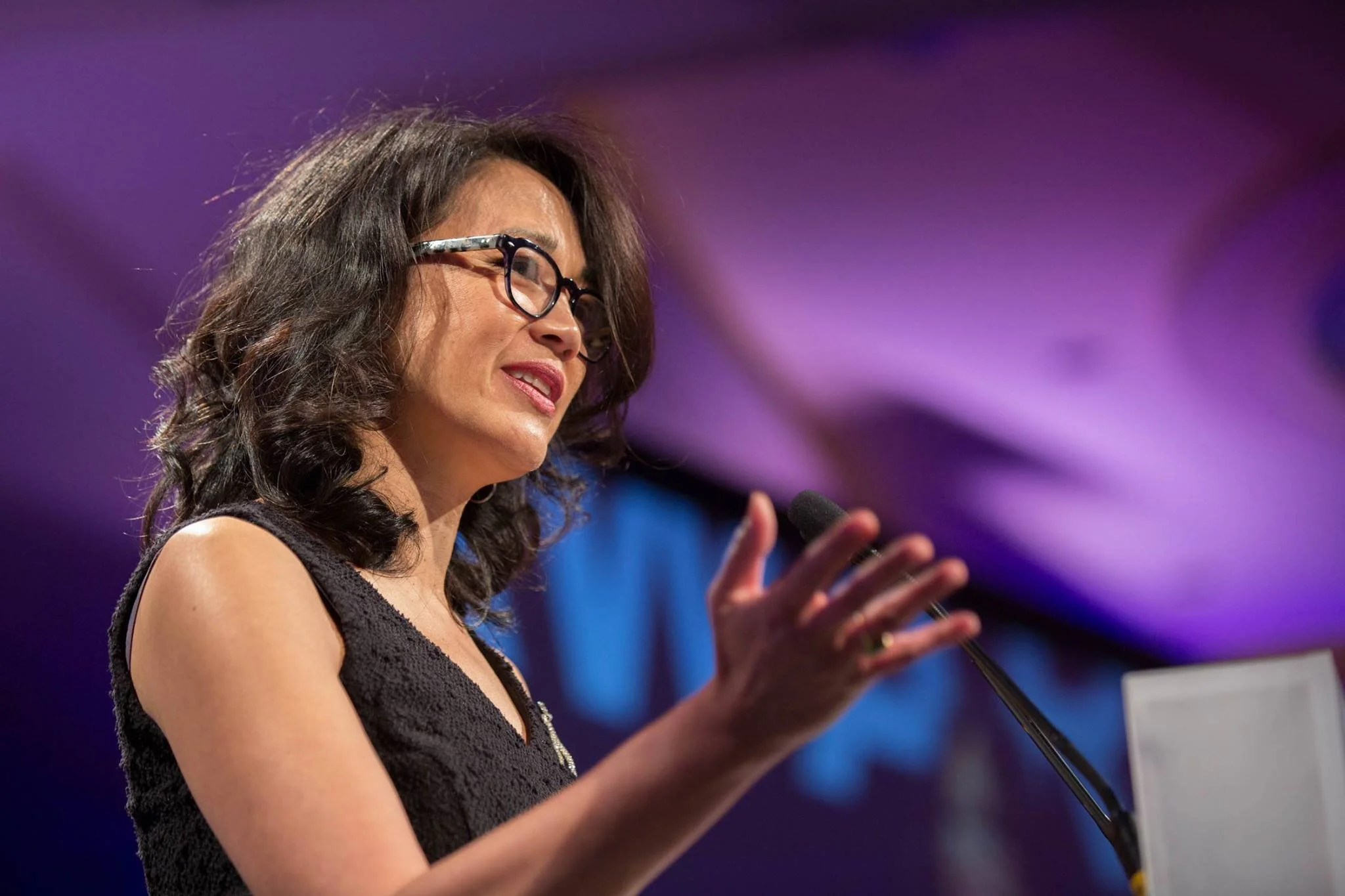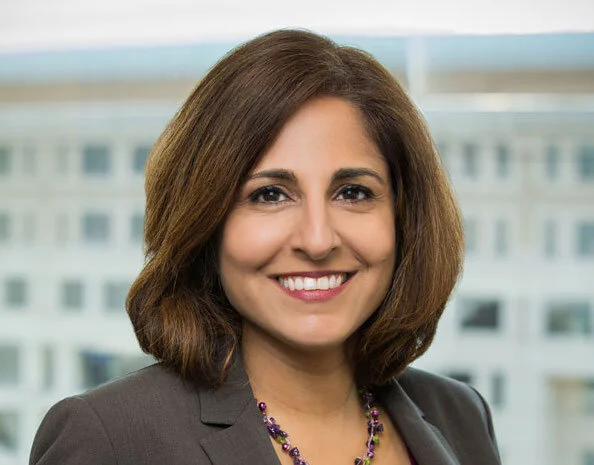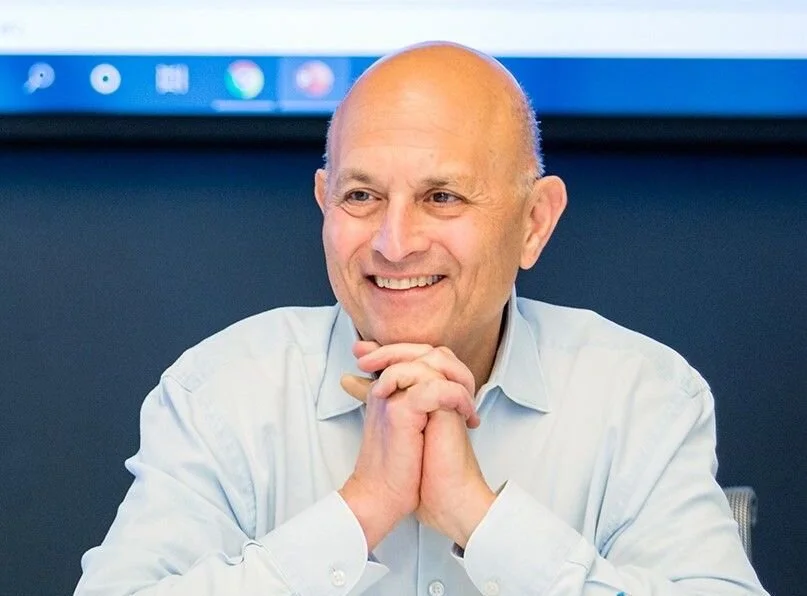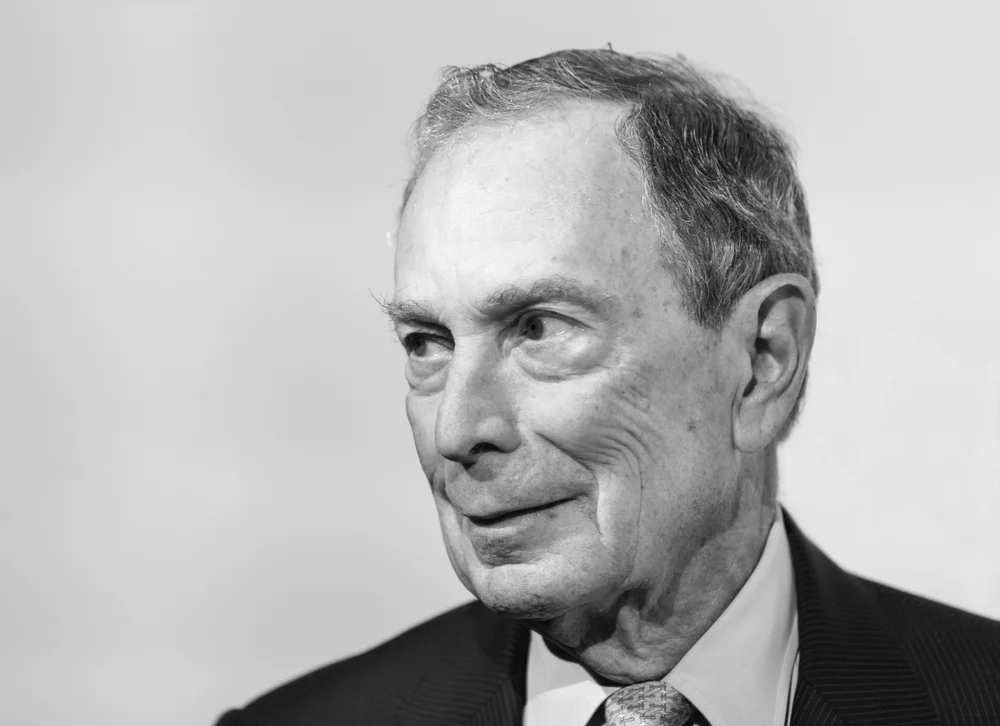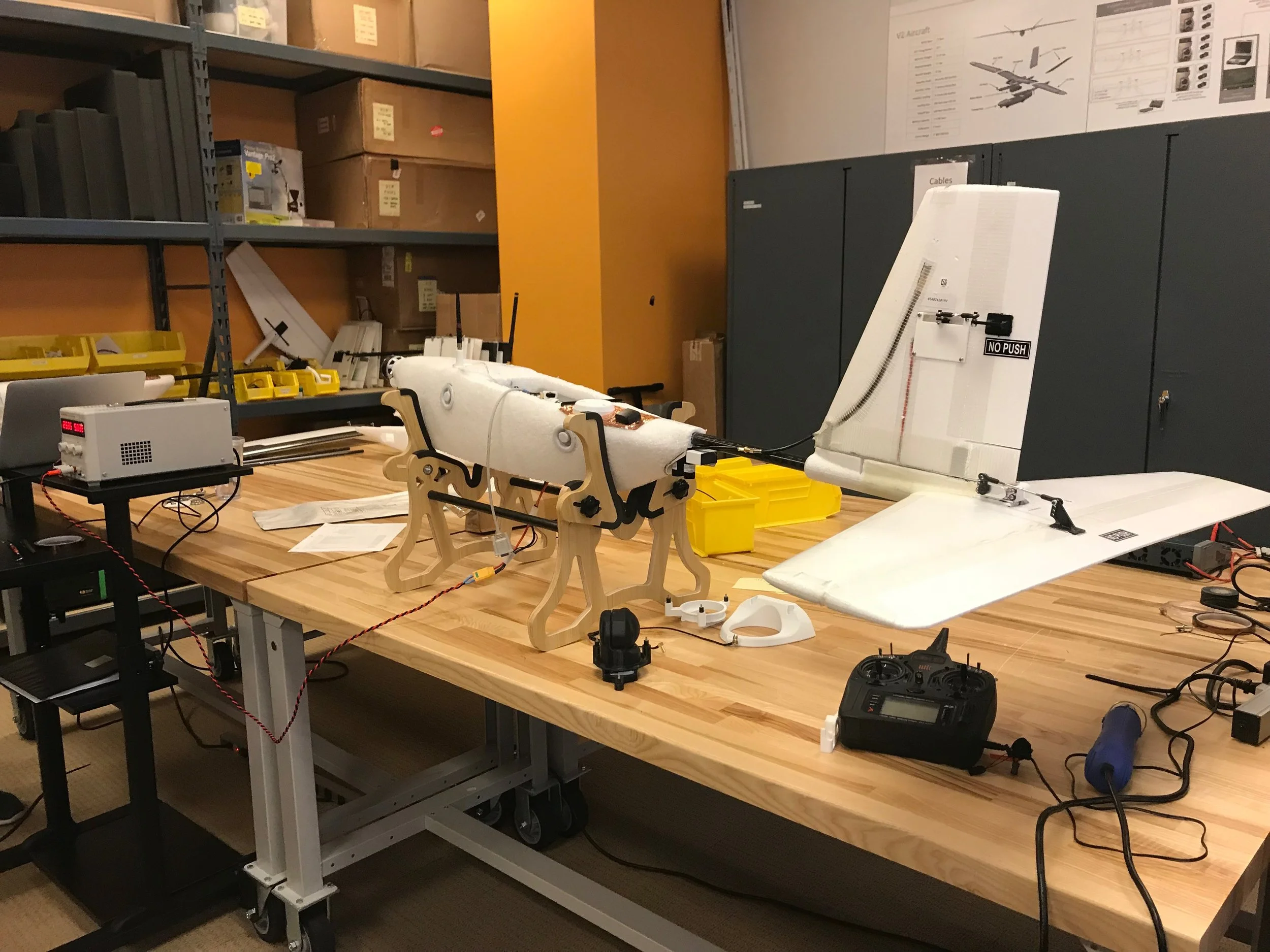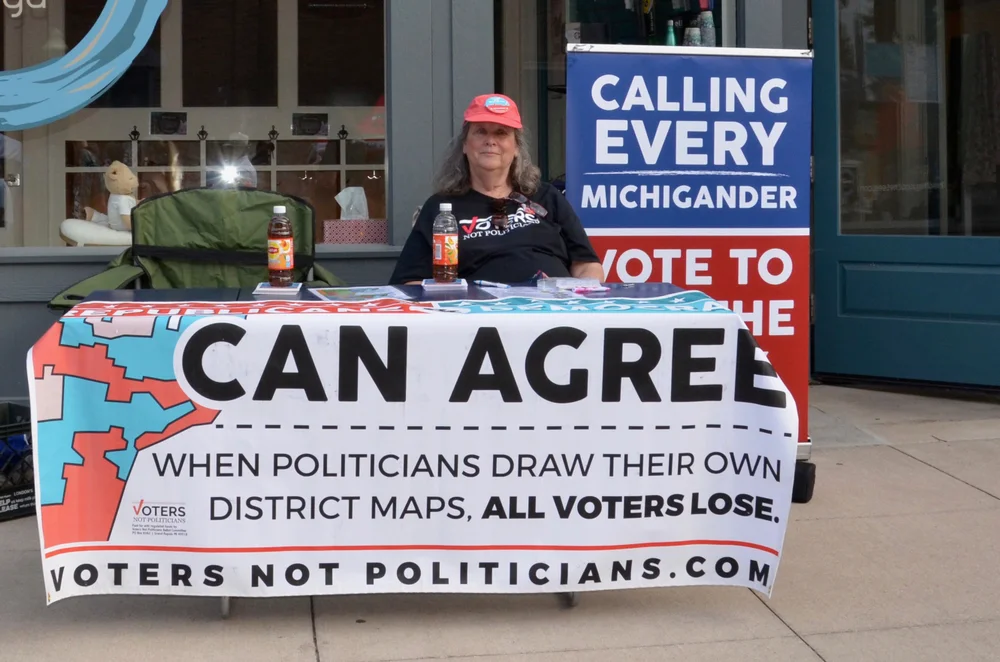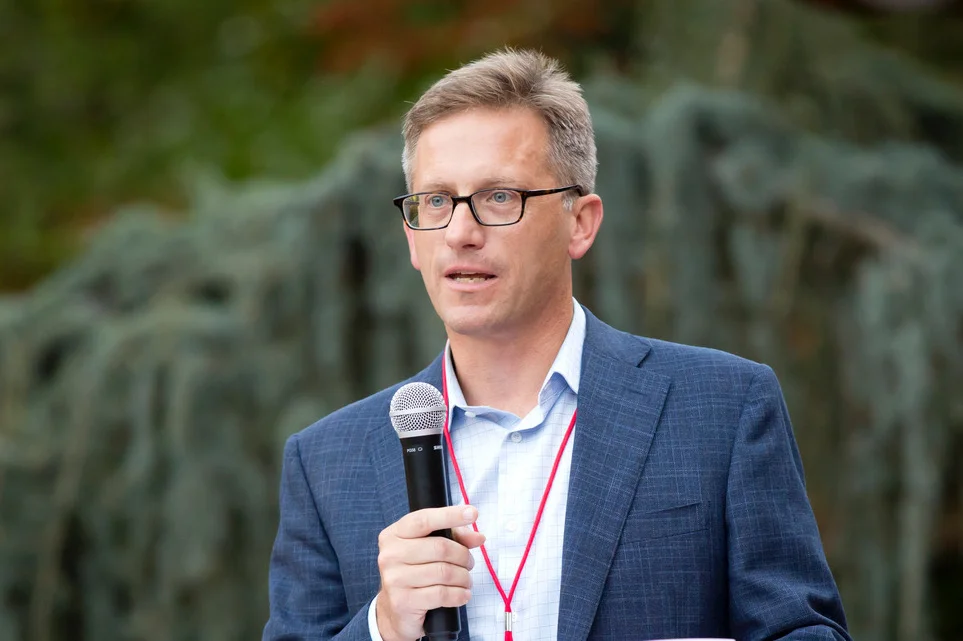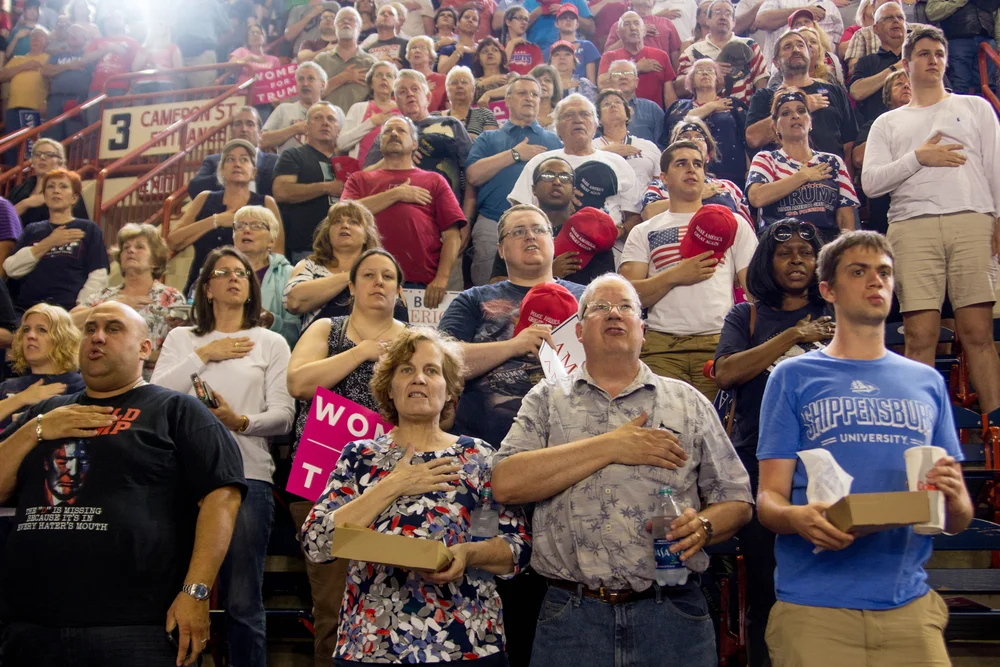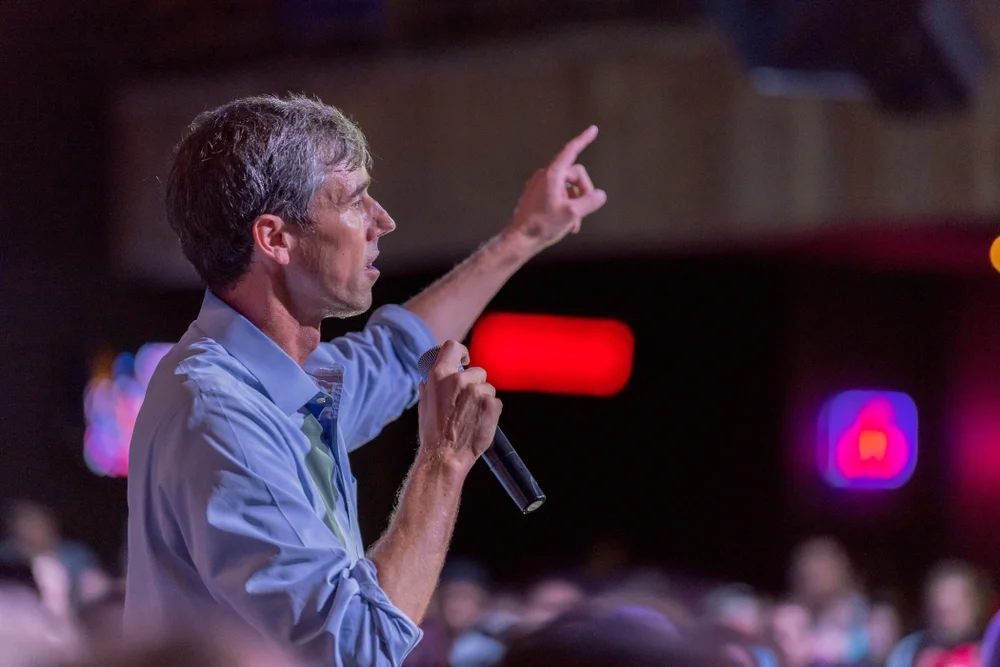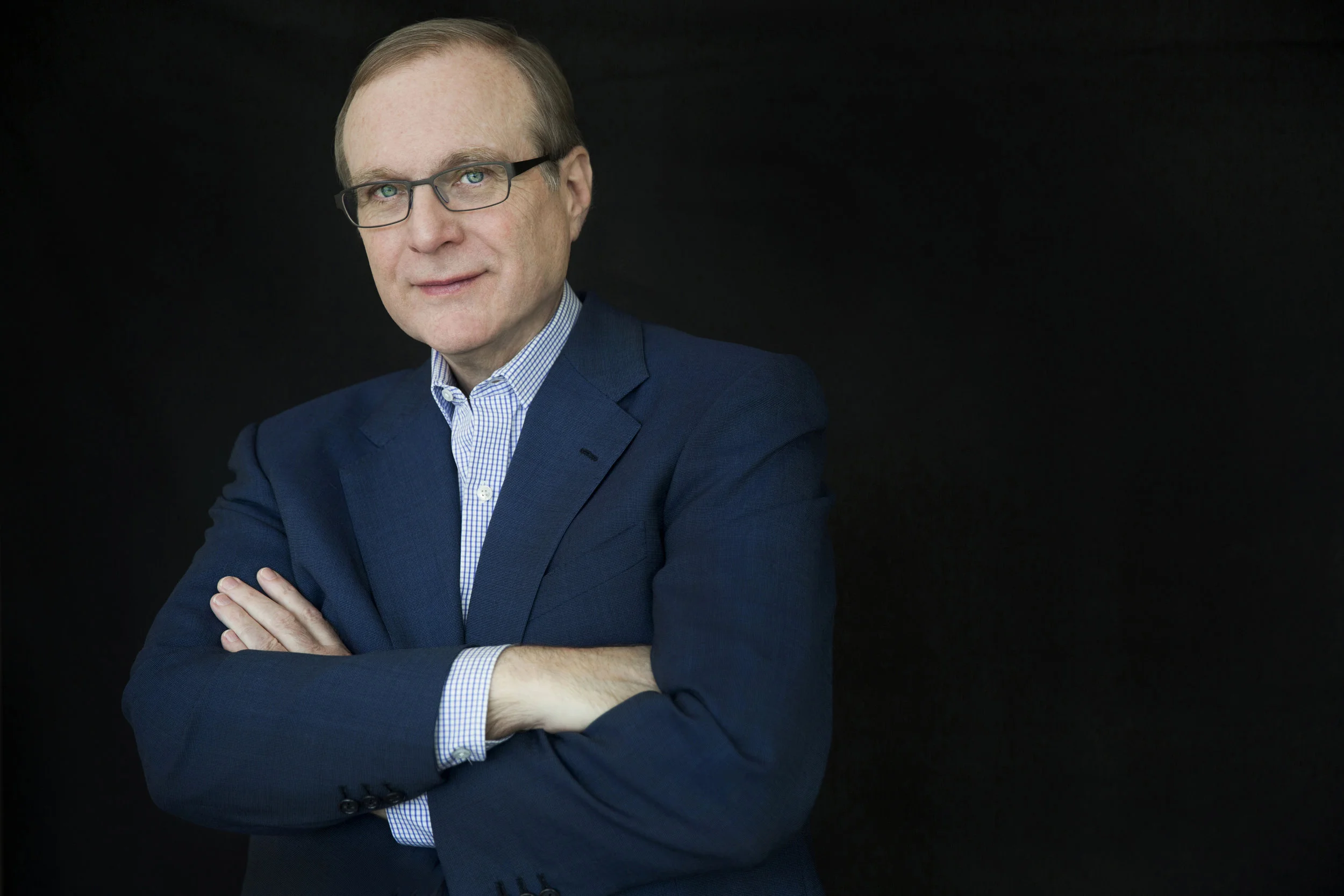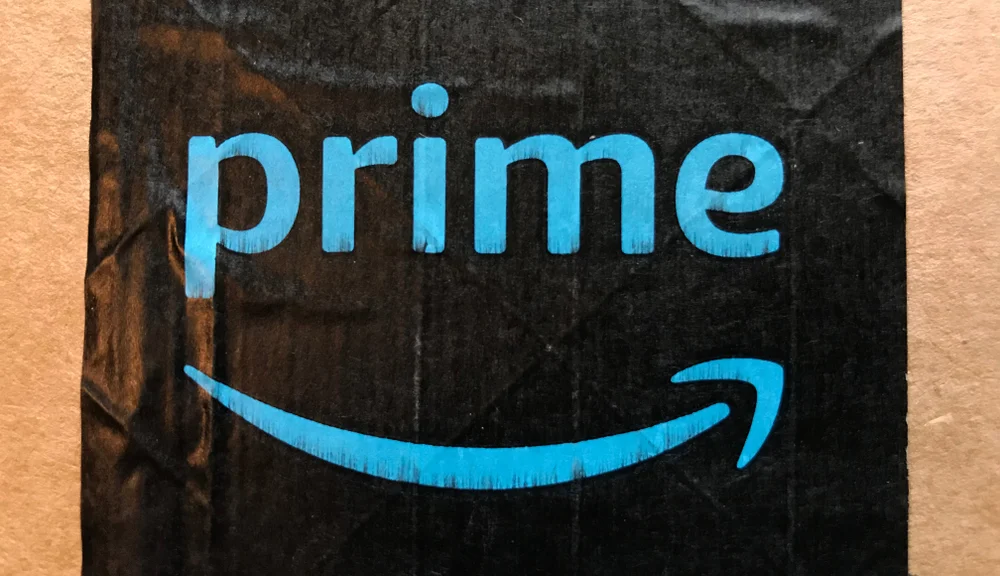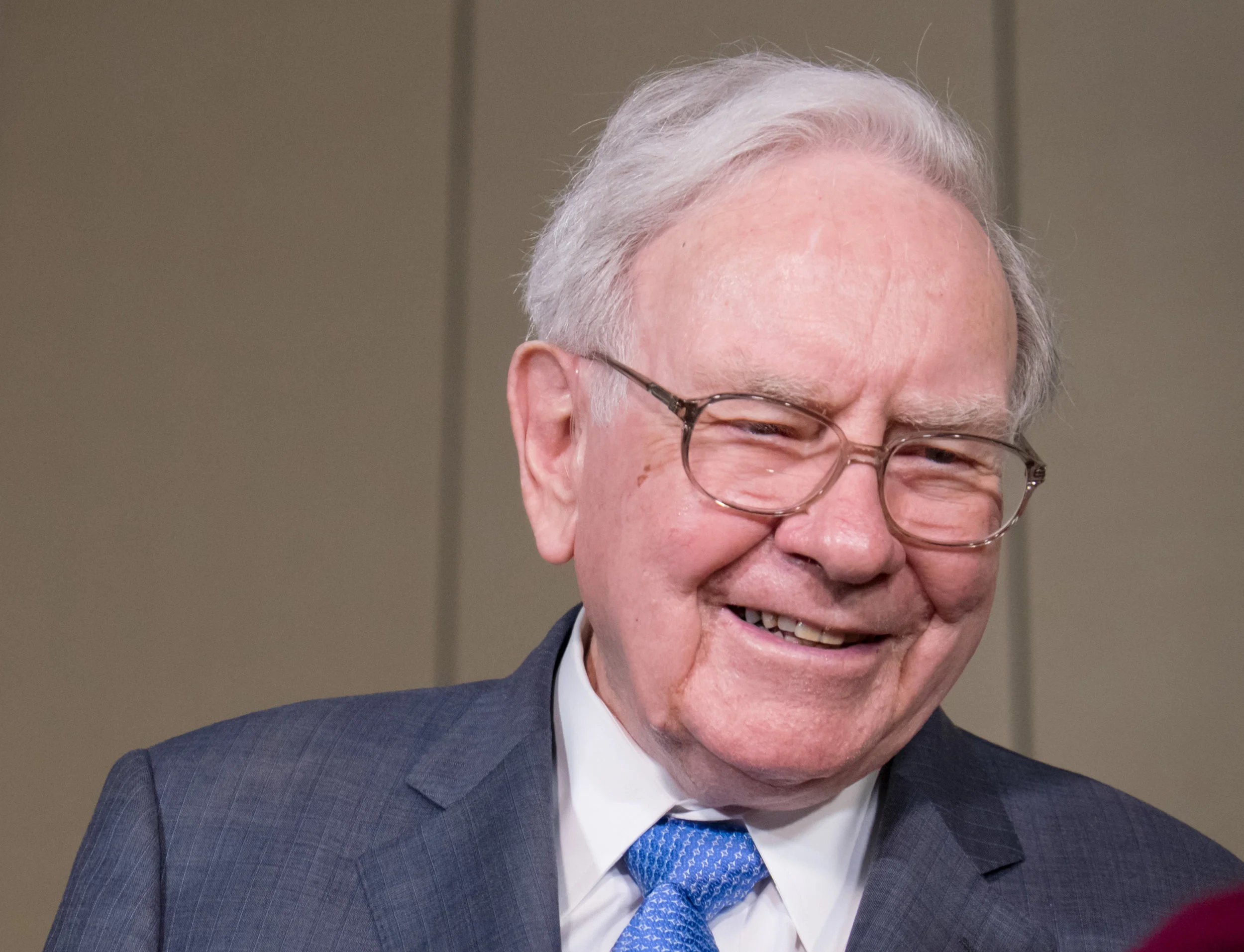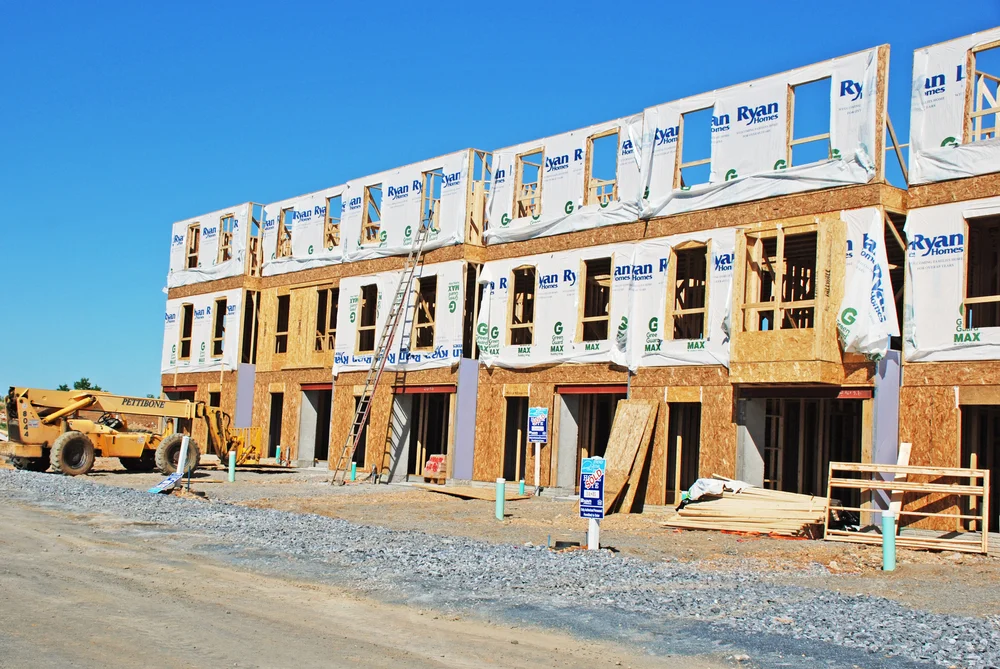Tell the Truth: Do You Secretly Believe That Elites Know Best?
/If you ask a top philanthropist or foundation chief how their influence squares with democracy, they’ll likely say that private giving strengthens civic life by underwriting more robust public debates. They’ll say that a rich tapestry of funders, holding a vast diversity of views, is fueling pluralism in America by backing all kinds of organizations and ideas. Some will also say that smart grantmaking helps to overcome key flaws of democracy—like an aversion to risk taking by elected officials and a lack of long-term thinking by government.
What they’ll never, ever say, at least explicitly, is that philanthropy doesn’t square so easily with democracy—and that this is OK because elites often know best about how to advance the common good.
But if funders won’t say such a thing aloud, the truth is that many believe exactly that. And so do plenty of other leaders in the nonprofit sector as well as academic experts.
This point was driven home to me recently after a long conversation about philanthropy and democracy with a group that included a top funder of K-12 education. After much back and forth, the ed funder put aside talk of lofty ideals and said simply that students were better off as a result of an influx of private funders pushing for change. In effect, he implied, the ends justified the means.
This is hardly an outrageous idea. Nor is it unfamiliar. The argument that enlightened elites sometimes need to bypass democratic procedures and mass preferences—if that’s what it takes to advance the common good—is as old as the idea of self-governing republics. Plato wrote about this more than 2,000 years ago.
Over the past century, this idea has been a quiet but powerful current in modern American philanthropy. Since the earliest days of organized grantmaking, plenty of funders have believed in their prerogative to structure public debates, especially on issues more technical in nature or where mass opinion lags well behind expert consensus or where democratic governance has failed to deliver results. Today, faith in elite leadership has as much sway as ever in the upper reaches of the philanthrosphere.
I don’t mean to say that funders are arrogant and believe they have all the answers. In fact, many are quite daunted by the complexity of the problems they are trying to tackle and spend their days conferring with experts or listening to grantees. The smartest funders are constantly gathering input from others.
What I mean to say, rather, is that leaders in philanthropy often see themselves as part of an enlightened vanguard that's rightly taking the lead in solving society’s problems. And although they won’t say so publicly, many do believe that public preferences and the normal workings of democracy can stand as obstacles to progress.
The education reform funders are most well known for this mindset, embracing strategies intended to circumvent the power of public officials, teachers unions and some community groups. They’ve tended to see veteran stakeholders as part of the problem, not the solution. Progressive funders in areas like civil rights have often thought this way, too, looking for ways to get around the backward views held by a majority of the public or find shortcuts through the court system to bypass the power of elected lawmakers. Centrist technocratic funders, meanwhile, may see the public as too apathetic and uninformed to be included in deliberations over complex problems. Some donors will freely admit that their lack of accountability is exactly what makes them so effective.
Smart philanthropy, we so often hear, is about agenda setting. Rarely, though, do funders look downward to ordinary people to set that agenda. Instead, they tend to look to experts, as well as drawing on their own instincts and experience. If philanthropy is, indeed, “society’s passing gear,” as a Ford Foundation executive once said, it’s funders who are shifting that gear.
What I’m saying might sound frightfully obvious to anyone who’s hung around philanthropy for a long time. But faith in elites is not a view that you’ll often hear expressed candidly by leaders in the sector. It’s too controversial to say aloud, so instead, we hear endlessly about “listening," "feedback," and "bottom-up" approaches. We also hear about how private giving amplifies a diverse range of voices in American life—as if disinterested funders were simply channeling public preferences. These are definitely important views in philanthropy. But I’d argue that faith in elite leadership holds far greater sway.
It's important to have a more honest conversation about the pros and cons of this faith—and to get beyond what is now a faux, surface conversation in which a widely held outlook is never publicly defended.
The larger backdrop here, of course, is that America is in the midst of an epic backlash against elites, one that’s put a reality TV maestro in the White House. So far, philanthropy has been insulated from this broader convulsion, but there are good reasons for the sector to engage in its own introspection about elite power. Some of that introspection is already occurring, to be sure, with new conversations underway about how philanthropoids and coastal do-gooders might get out of their supposed “bubbles.”
Still, there’s not yet much discussion about the bigger question regarding how much sway private philanthropy—and a growing class of savvy "super-citizens"—should have over public life in a democratic society like ours.
My recent book, The Givers, aims to fuel such a conversation—joining the work of others who’ve written on this topic. Drawing on interviews, the book airs the case that philanthropists themselves make for their power. It gives a fair hearing to the argument that the unaccountable leadership of smart and ambitious private funders has major upsides. I also offer a vigorous counterpoint to this argument.
But the book only scratches the surface of the debate that's needed about wealth, elite power and democracy. With philanthropy becoming an ever more important tool with which educated and wealthy leaders exercise influence in the U.S., a more robust and honest debate on the subject needs to get going sooner rather than later.


